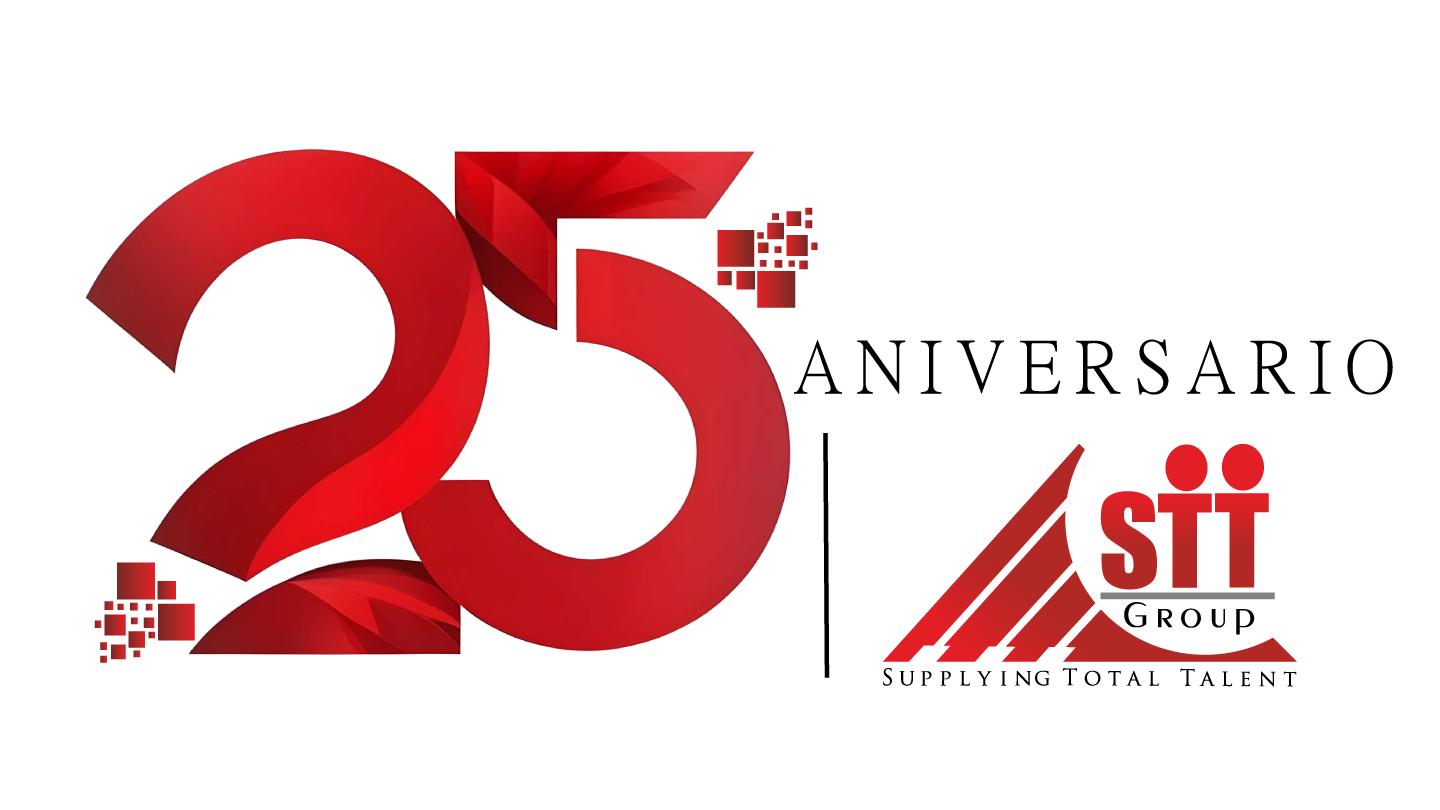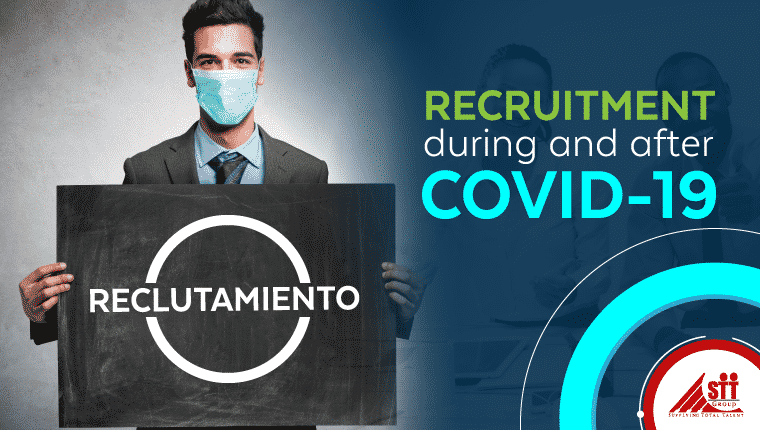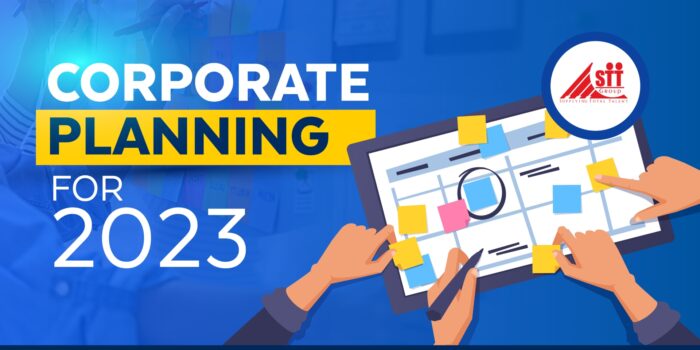The Economic Commission for Latin America and the Caribbean (ECLAC) and the International Labor Organization (ILO) estimates that this crisis will cause 11.05 million of unemployed in all the region, as well as a contraction of the economy of a 2.3% estimated by the World Bank. Because figures like these are significantly worse of what we lived during the financial crisis of 2008-2009, which took almost one decade to recover, it is clear that the companies need to adapt and evolve, or fall behind due to the coronavirus.
In this panorama, industries and their professionals attracting talent should be prepared to be flooded with an influx of applicants in the following months.
Changes in the labor market:
COVID-19 has impacted almost every person, company and industry, but each one has been affected in a different way.
How have the recent changes affected the labor market, the industry in which you are more active or with which you have the greater strategic alliance? How will it affect your candidates offer when you start to recruit in an era later to COVID-19?
Know where and how to find the industries is the first step to update the strategy and recruit during this recession of talent attraction.
Some sectors have been badly affected as the automotive sector, customer service, restaurants, tourism, private education, while others are in full apogee as logistics industry, health, basic services as water and electricity, telecommunications, massive consumption of food and beverages.
It is important for professionals in talent attraction and managers to be aware of the news both locally as regionally about the developments of the labor market to forecast how will they affect their recruitment efforts in the period during and after COVID-19.
1.Talent Pool: Anticipate your short and long term hiring needs.
The key to hiring in the recession is to analyze and anticipate short and long term needs before the COVID-19 subsequent era begins. For this, you should adapt and quickly adapt your recruitment plan to appropriately reflect the current and future state of workforce, instead of preserving the plan made before the pandemic.
In addition to this, it is important to consider the following points:
- Think how are you going to fill the skill gaps in your organization, both now and later.
- Your recruitment efforts can be limited at this moment, but it is likely that you are obtaining most qualified applicants that can be recruited.
- Create a group of talents and keep them committed through pertinent communication. Once recruitment increases again, be sure that the first place to seek applicants will be your talent group.
2.Technology and recruitment:
Technology recruitment has never been so essential as it is today. From remote interviews using different platforms as Skype, Zoom, Google Meets, Webex; to Artificial Intelligence applying cognitive technology in recruitment and selection process to automate repetitive and transactional processes.
Artificial Intelligence through chatbots/videos-interviews/software carries out data base review activities, profile validations. identifies and assesses skills as language, psychometric tests, pre-selection of applicants, analysis and segmentation of talent in the market, as well as interaction of potential applicants 24 hours a day and 7 days a week, up to follow-up of applicants; there are a range of solutions that can simplify the recruitment process in a recession.
If you are looking for new tools, choose flexible solutions that you can continue using even when your needs change.
3.Align the team with your recruitment strategy.
Obviously, recruitment strategy formulated at the ends of 2019 and beginning of 2020 has changed and it must be ensured that the internal team is aware of the modifications. Make sure that all departments involved in talent attraction know and understand what is being focused on and why.
4.Employer´s Brand
The way companies treat their current and potential employees during the pandemic COVID-19 will probably define its brand for the following years.
The employer´s brand should be always under any circumstance a priority for its business; however, being present and empathetic is especially critical, both now and later when the world returns to an appearance of “normality”.
Think about the messages of your employer´s brand, how does it adapt to the culture and organizational environment, the company´s care towards its employees, added value proposal, external and internal communication campaigns, social networks use, performance evaluation, adaptations and tools for the change, campaigns of talent attraction and its word keys, among others; as well as strengthen the employer´s brand even in difficult times, since it will have lasting effects.
In conclusion, the most important changes that take us to the “new normality” in recruitment matters post COVID-19 are….
Even, greater importance is given to confidentiality matters and data protection. This as a result of alternative models as telework or the application of measures to keep safe the company´s information and the candidates.



